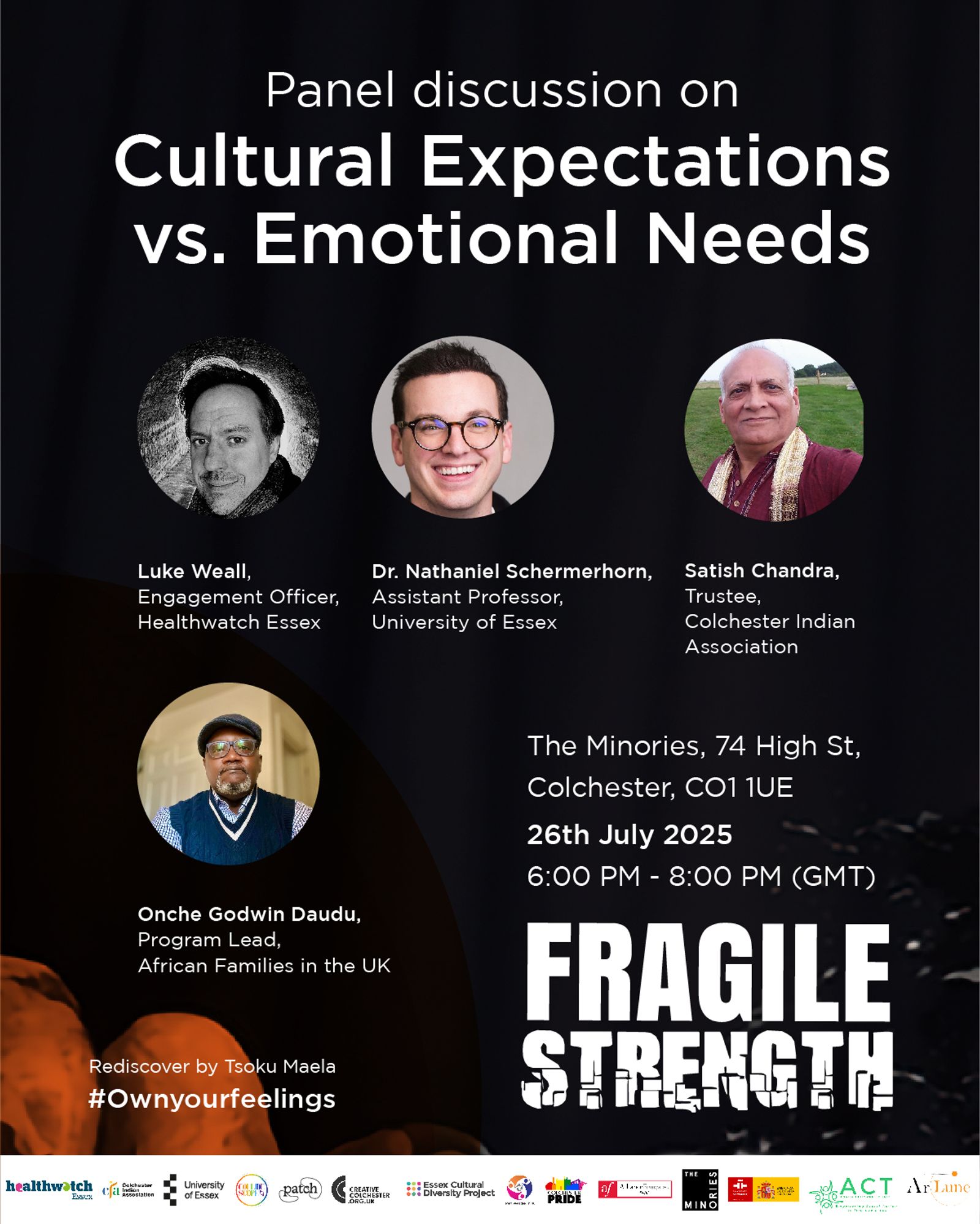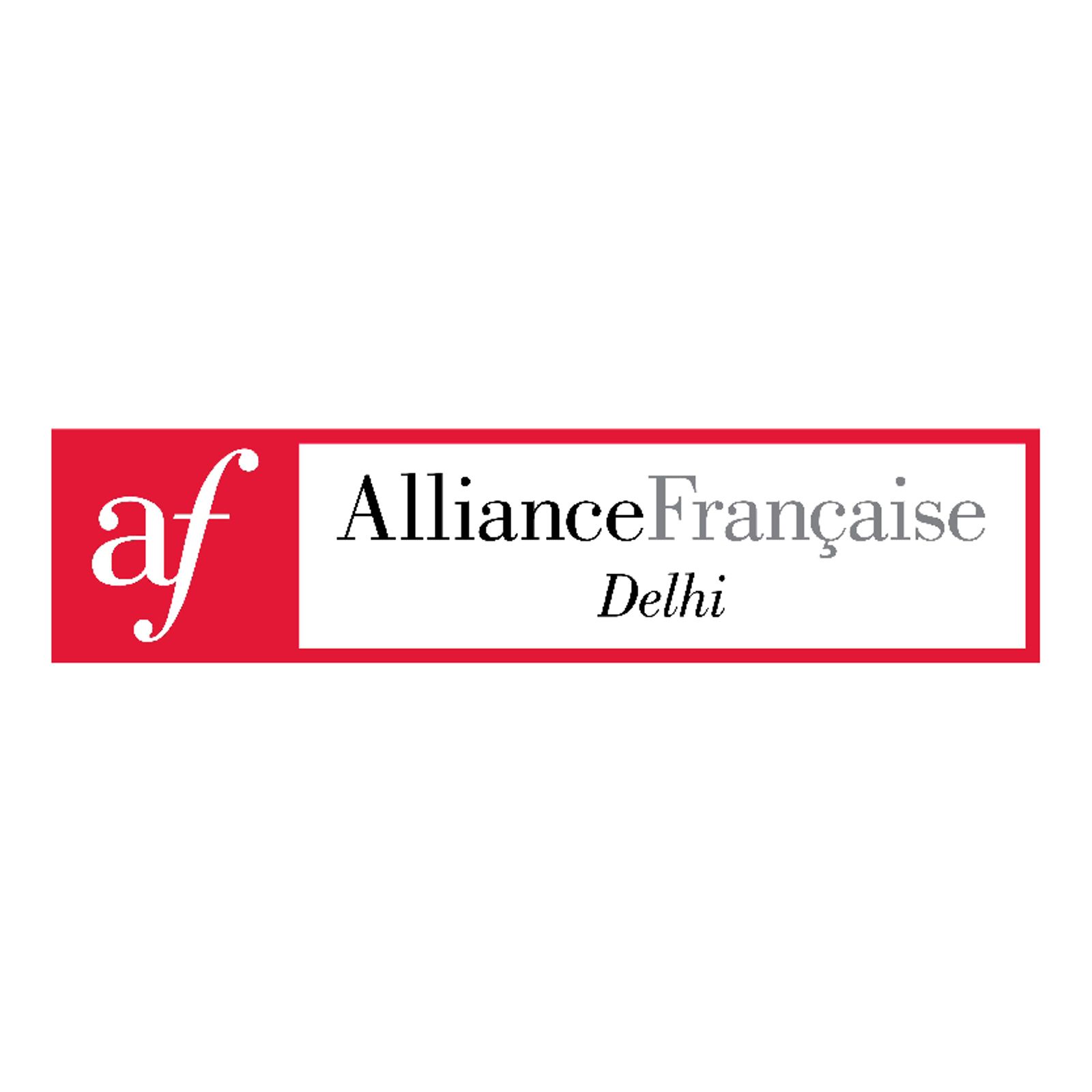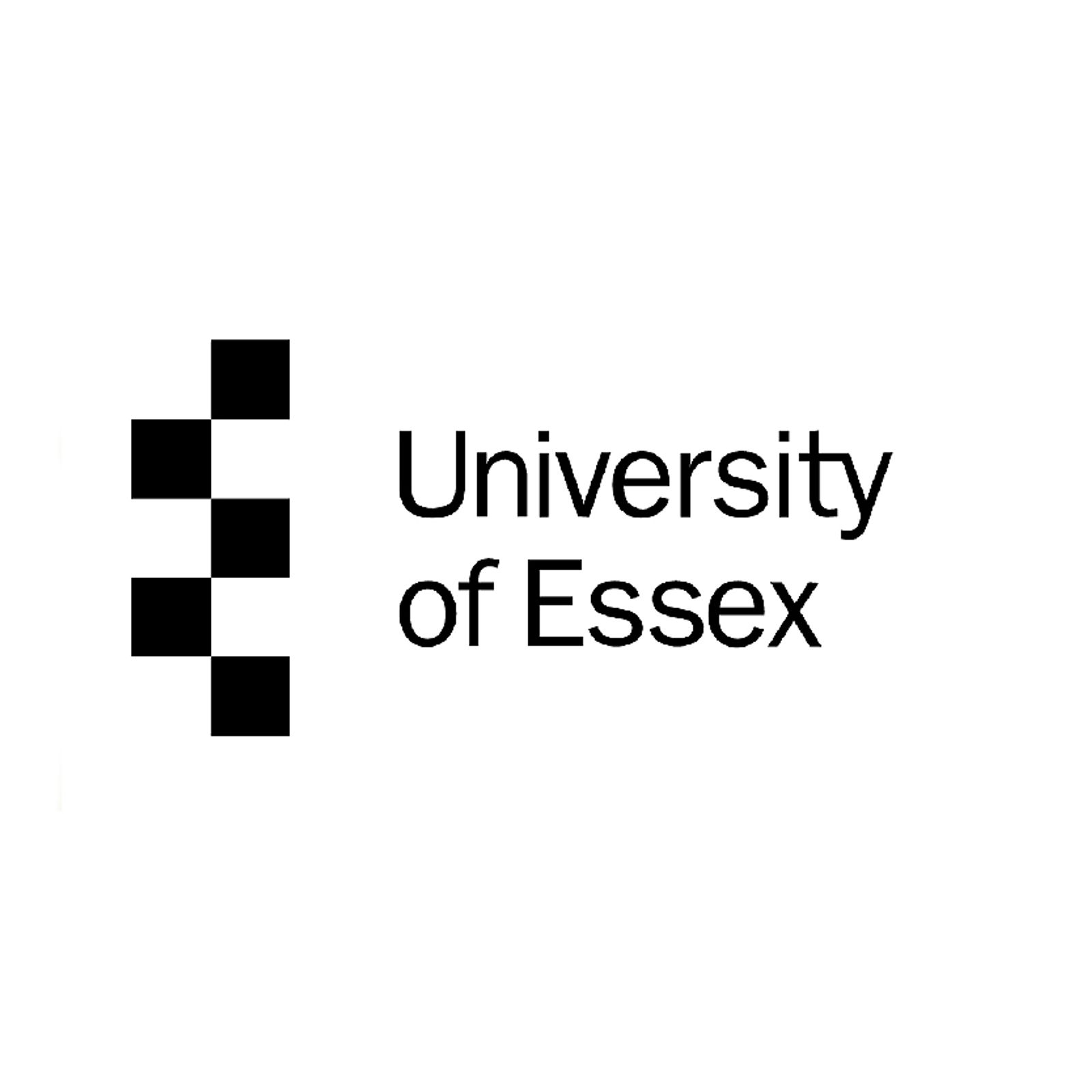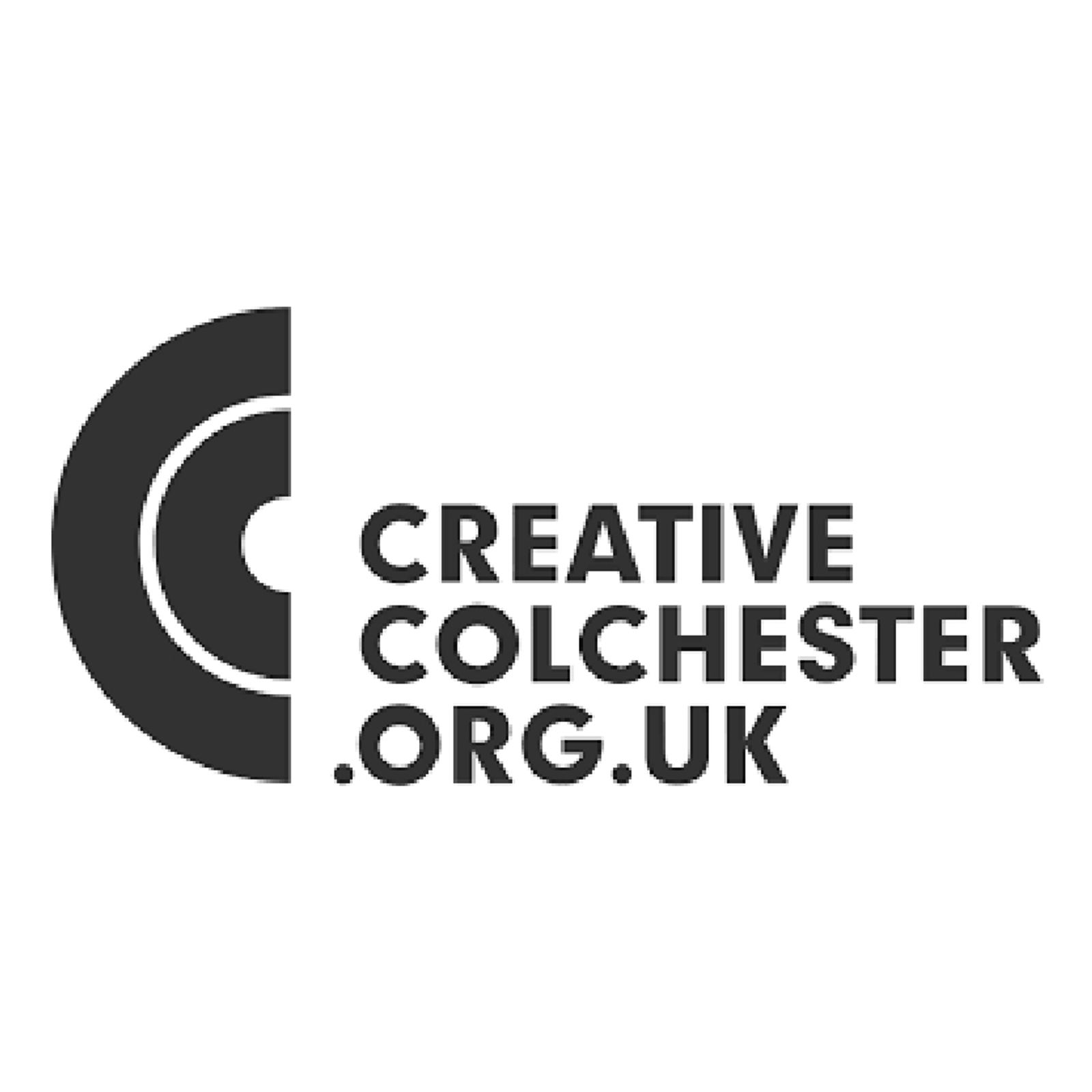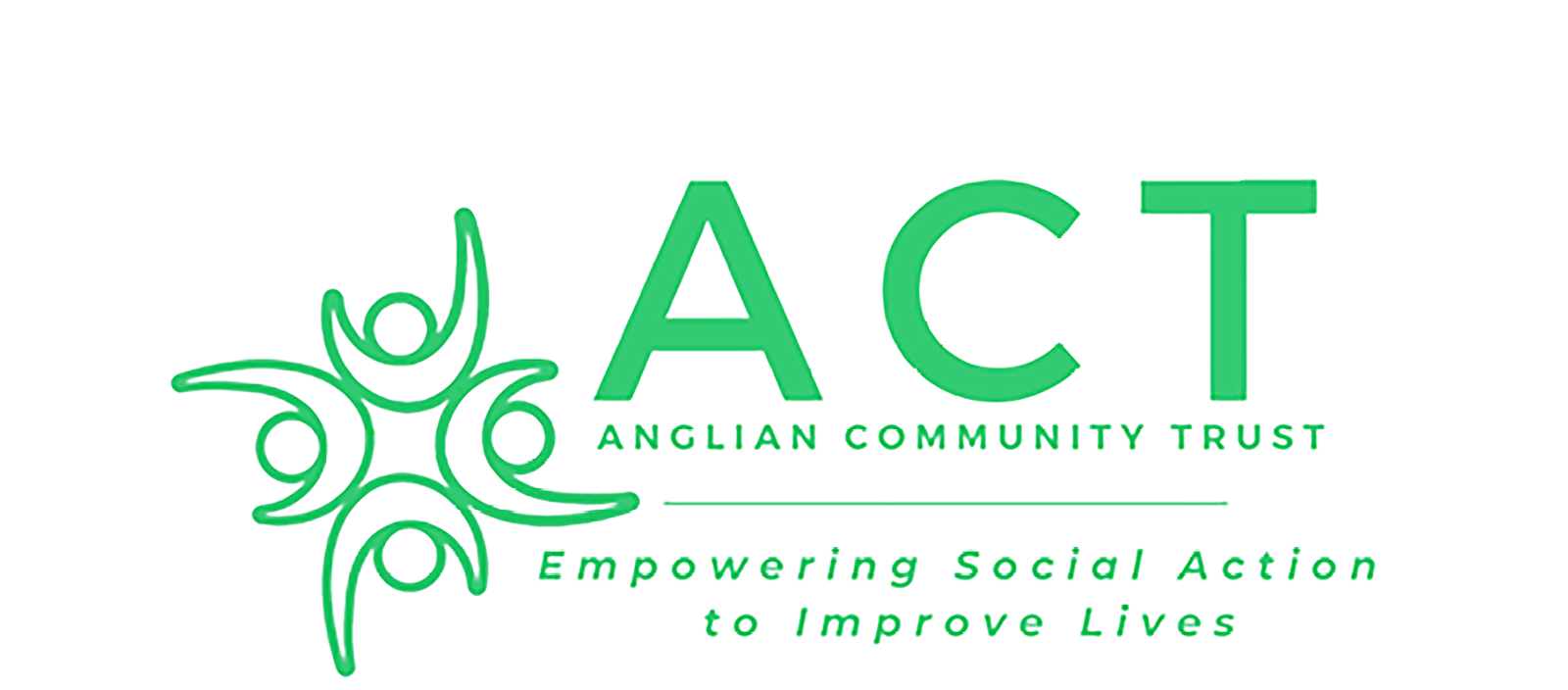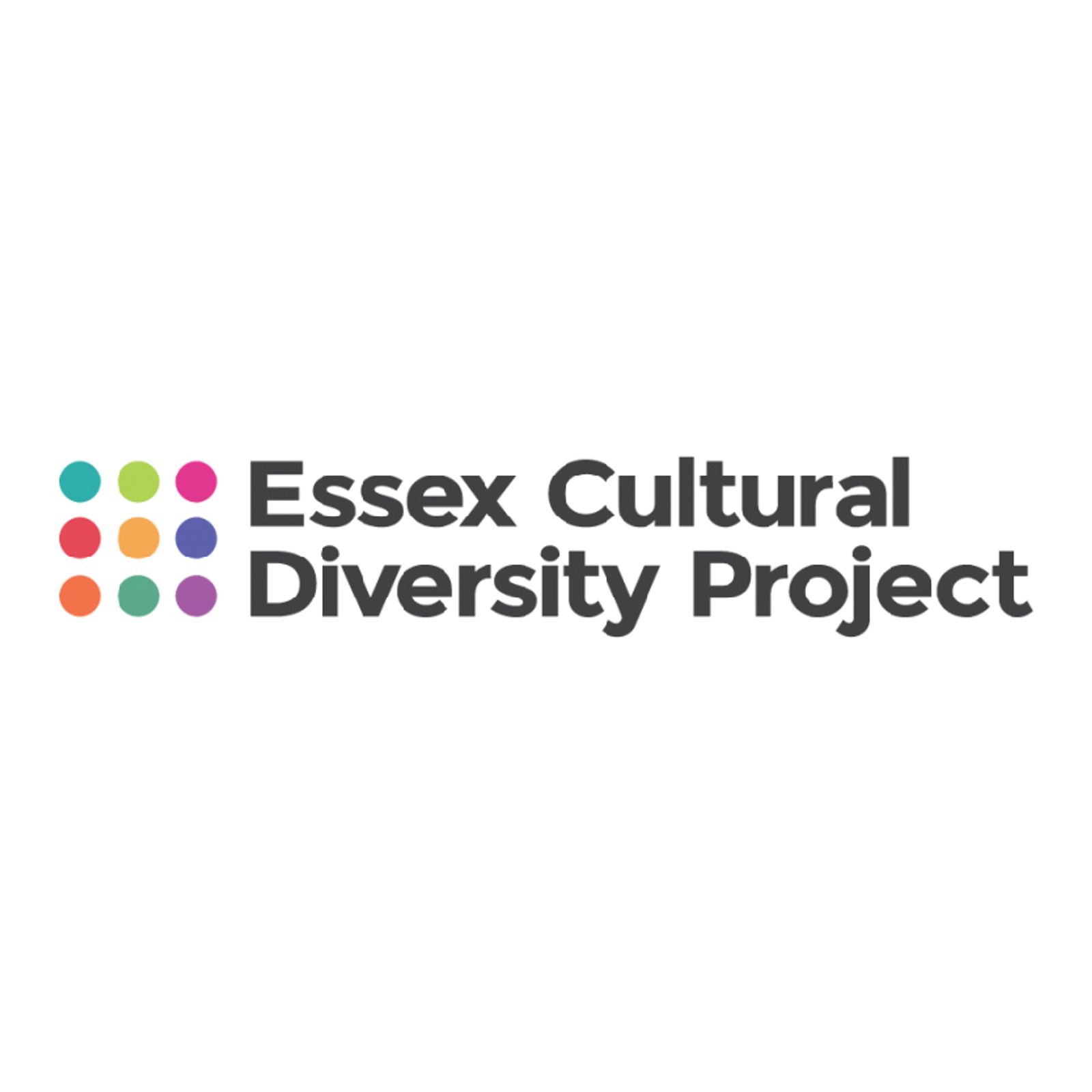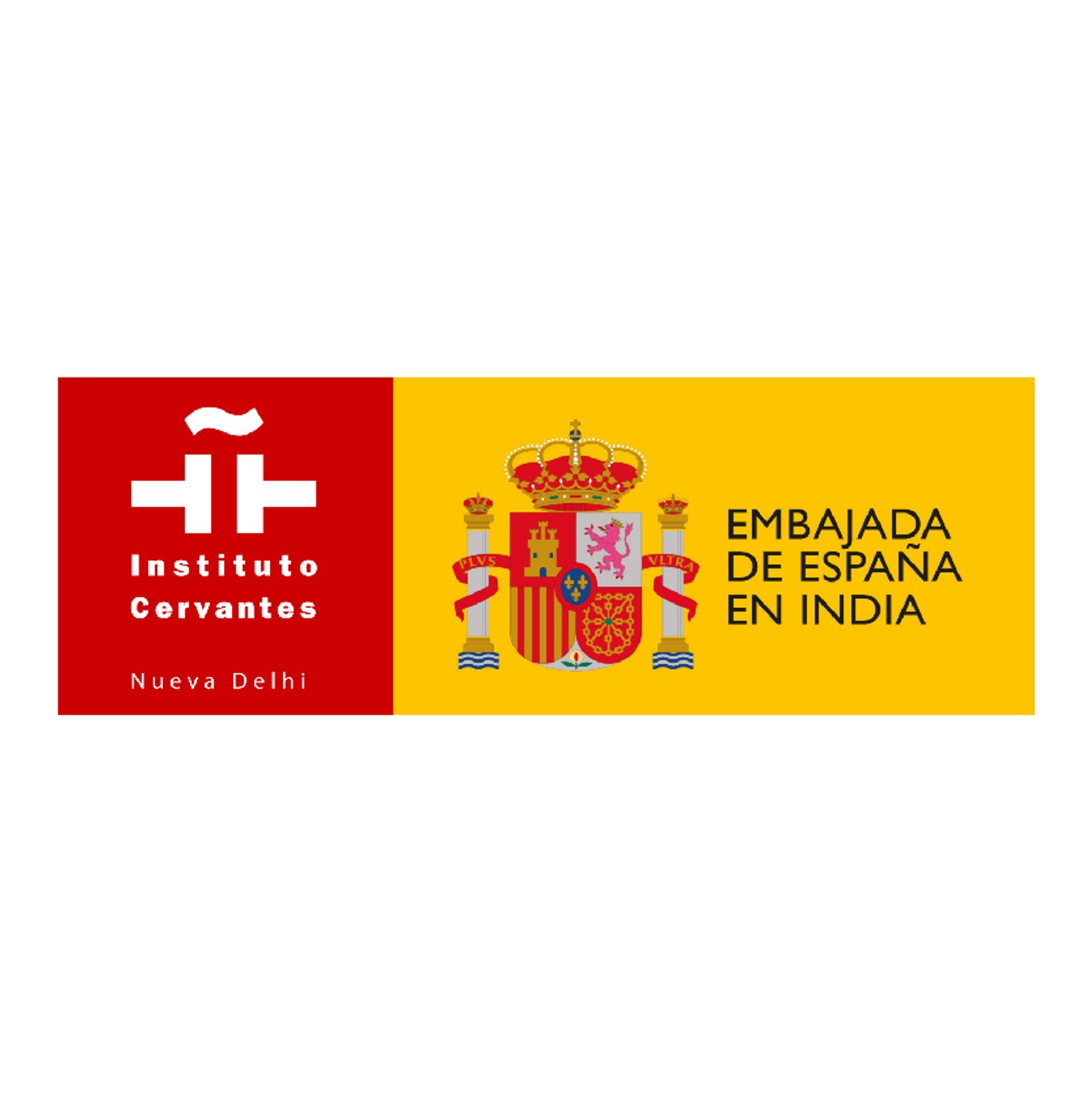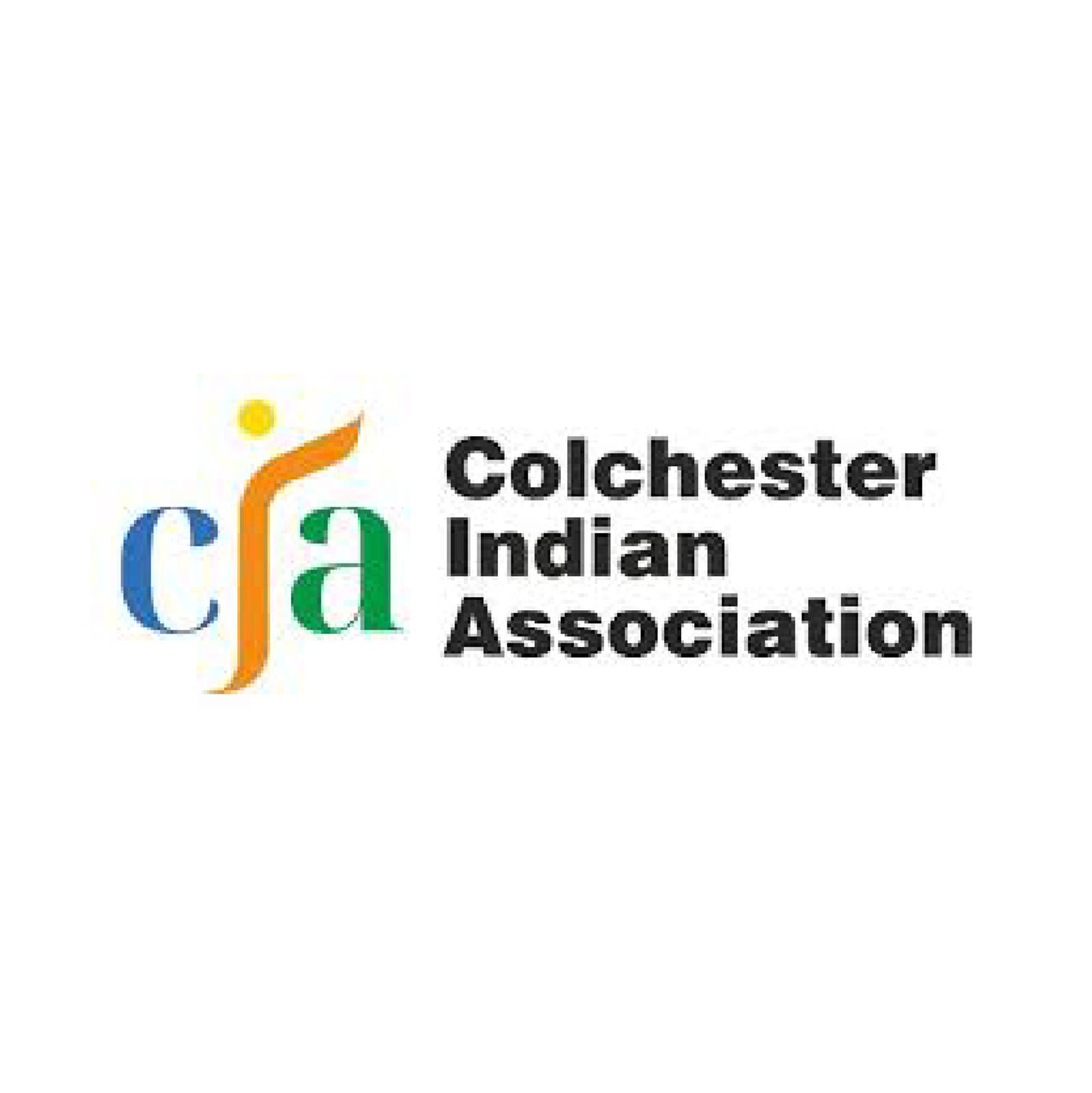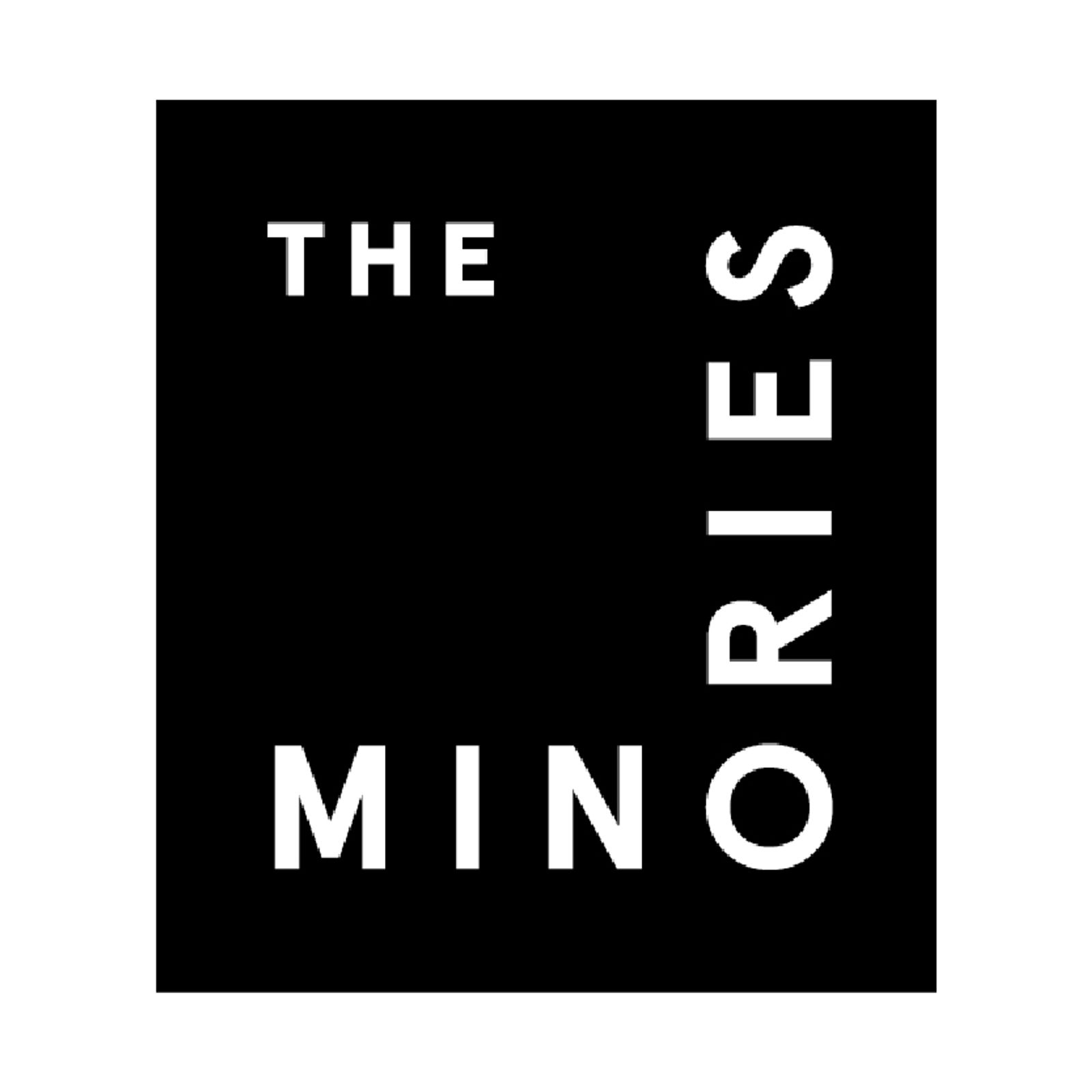- Event
Panel Discussion: Cultural Expectations vs Emotional Needs
- Saturday 26 July 2025
- 6:00-8:00 pm
- 74 High Street, Colchester, CO1 1UE
Join us for an engaging and thought-provoking panel discussion titled "Cultural Expectations vs Emotional Needs", presented as part of the Fragile Strength project at The Minories Art Gallery, Colchester.
This vital conversation delves into the often-conflicting space where societal and cultural pressures meet personal emotional well-being, especially for men navigating identities shaped by tradition, migration, family roles, and masculinity.
This panel brings together professionals from community outreach, academia, cultural leadership, and global majority organisations to explore how cultural narratives shape emotional expression, vulnerability, and mental health, particularly within South Asian, African, and minority communities.
The goal is to open up dialogue, increase understanding, and offer pathways to support and compassion that go beyond surface-level awareness.
This event is free and open to all. It’s ideal for anyone interested in mental health, cultural studies, social inclusion, or simply learning how to better support their communities.
Free entry – booking essential.
Meet the Panellists
Engagement Officer, Healthwatch Essex
Luke brings deep experience working directly with people across Essex to better understand their health and care experiences. At Healthwatch Essex, Luke plays a key role in shaping inclusive projects that reflect the real emotional and practical needs of people in Essex. His perspective will highlight how cultural expectations often affect men’s ability to seek help and how local health systems can be more responsive.
Assistant Professor, Department of Psychology, University of Essex
Nathaniel is one of the lead researchers behind the Fragile Strength research component. His research program aims to better understand the various ways – both purposefully and inadvertently – that we maintain the existing status quo. Toward that end, he takes an interdisciplinary approach using psychological, feminist, and social theories with a variety of methods and analytical techniques. He examines the maintenance of the status quo at the individual, interpersonal, and institutional levels, as well as the interconnections between levels. His research has examined the creation, maintenance, and reinforcement of the existing status quo as a consequence of (1) the internationalisation of hegemonic masculinity, or the culturally idealised conceptualisation of masculinity, (2) threats to social identity, and (3) social practices, or everyday attitudes and behaviours.
Trustee, Colchester Indian Association
As a long-standing community leader, Satish has worked with the Colchester Indian Association to nurture cultural pride, integration, and community cohesion. He offers an intergenerational lens on the South Asian male experience, balancing family expectations, career pressures, and emotional silence. Satish will speak about how cultural identity can both empower and restrict men emotionally, and how communities like the CIA are adapting to support men's well-being in the diaspora.
Programme Lead, African Families in the UK
With extensive experience supporting African and Black diaspora families, Onche advocates for culturally responsive mental health support. His work highlights how emotional expression is shaped by faith, masculinity norms, and intergenerational trauma in many African communities. Onche will offer real-life examples of the cultural tension between resilience and vulnerability, and how we can create environments where emotional needs are respected without challenging cultural values.
Why This Conversation Matters
Too often, cultural expectations, rooted in family history, migration journeys, religious beliefs, or gender roles, can suppress emotional honesty, especially among men. In many communities, showing strength often means hiding pain. But what if that expectation causes more harm than good?
This panel will explore how we can begin to reframe strength not as silence, but as the courage to feel and express. We'll discuss how mental health services, community leaders, and cultural practitioners can work together to better support men emotionally, without asking them to abandon their cultural identity.
Whether you’re a professional, carer, artist, academic, or community member, this discussion will offer fresh insights and practical tools for fostering emotionally healthier, culturally inclusive communities.
Reserve your place now and join the conversation that’s long overdue.
